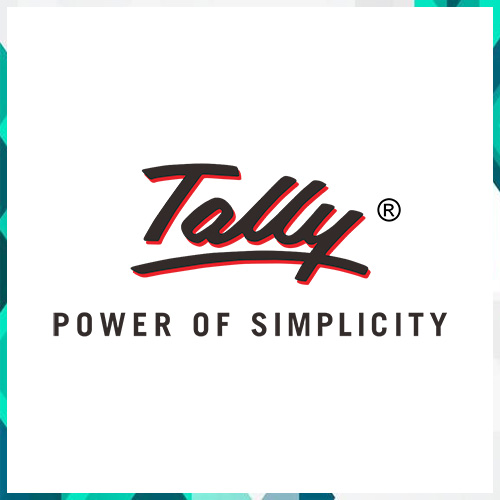
As artificial intelligence becomes central to how content is created and consumed, the responsibility for its ethical use falls squarely on social media platforms. With billions of users relying on these platforms for news, connection, and expression, their role in ensuring Responsible AI is more critical than ever.
Responsible AI refers to the ethical development and deployment of AI systems that are fair, transparent, accountable, and aligned with human values. For social media companies, this means evolving beyond traditional moderation tactics to build proactive, context-aware systems that tackle misinformation, hate speech, and harmful content—without infringing on free expression. Ethical curation must also consider cultural sensitivities and user safety.
To support this shift, platforms must embrace transparency and bias mitigation. Users should be empowered with explainable AI tools that let them understand and influence how their feeds are curated. Continuous bias auditing, use of diverse datasets, and public progress reports are essential to maintaining fairness and trust in areas like ad targeting and content ranking.
Privacy and regional responsibility are equally important. Platforms must move beyond blanket consent models and offer users detailed control over how their data is used. Simultaneously, AI systems should be adapted to comply with local laws, languages, and cultural norms, with oversight from independent and diverse governance bodies to ensure alignment with public interest.
Yet a fundamental question remains: Why do many social media companies hesitate to fully acknowledge their role?These platforms operate for profit—not charity—and in today’s AI-powered landscape, deepfake videos and manipulated content are becoming powerful tools of deception. These videos can incite hate, fuel misinformation, and even trigger real-world conflicts between religious or social groups.
To counter this, platforms must embed trust and accountability into their AI frameworks. Every video uploaded should be evaluated for authenticity and intent using advanced trust-detection systems. Introducing a visible Trust Factor for content can help users discern credible media from potentially harmful or synthetic material.
The path forward requires a clear pivot—from reactive moderation to a proactive, trust-centric model of Responsible AI. By combining advanced detection technologies, transparent policies, user education, and ethical oversight, social media companies can curb the harmful effects of AI-generated content and build a safer, more reliable digital environment for everyone.
See What’s Next in Tech With the Fast Forward Newsletter
Tweets From @varindiamag
Nothing to see here - yet
When they Tweet, their Tweets will show up here.





























